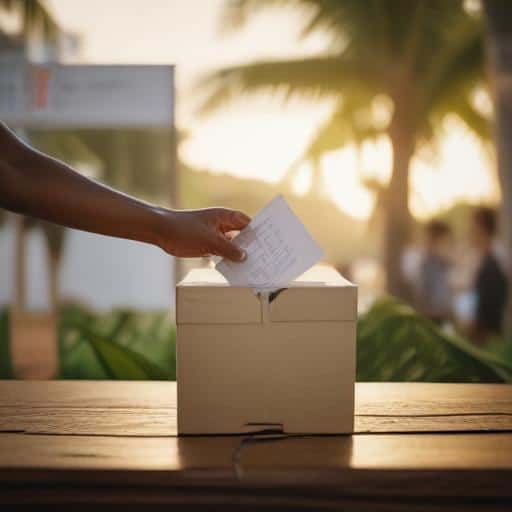The question of why women are not voting for other women was posed by Prime Minister Sitiveni Rabuka during a meeting focused on gender empowerment in Fiji. This inquiry coincided with recent submissions to increase women’s representation in politics submitted to the Fiji Law Reform Commission. Prime Minister Rabuka highlighted that while the population percentage of women is nearly equal to that of men, women continue to struggle to secure votes from their own gender.
Rabuka discussed the risk of tokenism in women’s representation, arguing that merely placing women in positions of power for the sake of numbers undermines genuine empowerment efforts. He acknowledged the complexity of rights as not being value-neutral but rather driven by interests, emphasizing that rights come with responsibilities.
Additionally, he addressed significant challenges faced by women in Fiji, including a high incidence of gender-based violence and the rise of HIV/AIDS and drug-related issues. He noted that the enforcement of policies and services for women’s rights requires better implementation, tracking, evaluation, and learning.
Fiji’s commitment to the principles of human rights and social justice was also highlighted, alongside the importance of the Convention on the Elimination of All Forms of Discrimination Against Women (CEDAW) as a guiding framework. Hosting the Pacific Technical Cooperation Session of the CEDAW Committee presents an opportunity for the nation to address these critical challenges collaboratively.
Similar discussions have been prompted by various leaders, including Deputy Prime Minister Manoa Kamikamica, who has advocated for a quota system to boost women’s representation in Parliament. In the 2022 elections, while more than 238,000 women voted, only six out of 54 female candidates were elected, highlighting a disconnect between voter turnout and representation.
The dialogue around women’s political participation suggests a collective responsibility to address systemic barriers that inhibit women’s involvement in governance. Ongoing actions and collaborative efforts across sectors signify a hopeful path towards enhanced representation and participation for women in Fiji’s political landscape.
As these conversations continue, the focus remains on actionable steps that can lead to a more inclusive and equitable governance system, reflecting the diverse voices of the entire population.

Leave a comment